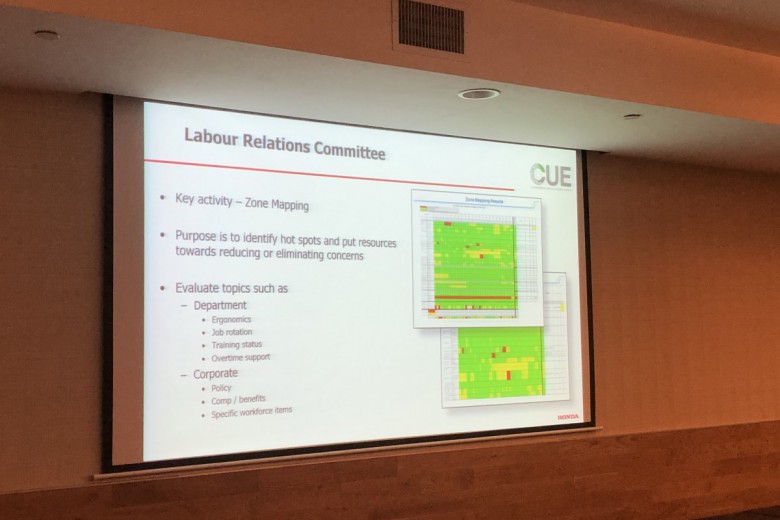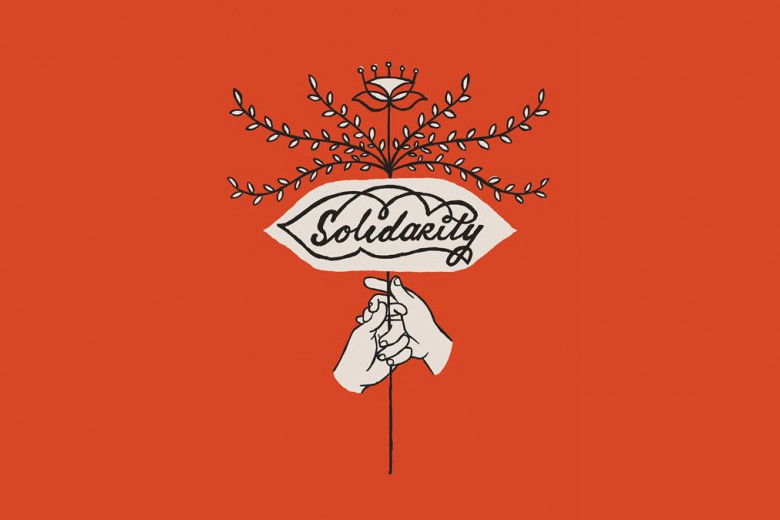On April 9, the results of the union vote at the Amazon warehouse in Bessemer, Alabama were announced. There were 738 votes in favour of unionization, and 1,798 against.
Like many others watching the campaign, I felt deeply disappointed. The campaign had been presented as the most important labour struggle of the decade, the first spark that was expected to ignite countless other campaigns in Amazon warehouses across the country. Searching for an explanation, I read veteran labour organizer Jane McAlevey’s post-mortem on the Bessemer campaign. McAlevey pointed out the warning signs of defeat: from the union’s inaccurate list of workers to organizers’ unwillingness to do house calls.
The campaign had been presented as the most important labour struggle of the decade, the first spark that was expected to ignite countless other campaigns in Amazon warehouses across the country.
One passage in particular stuck out to me: “In the next few days, you’ll probably see a lot of messaging claiming that ‘even though the workers didn’t win, they really did win.’ But they didn’t. And that is horribly unfortunate. The media, especially the genre of media called the labor media, should have never overhyped this campaign – or the [2019] Volkswagen campaign, or the [2017] Nissan campaign. In all three cases, the impending defeat was evident everywhere. When media folks prioritize clicks and followers over reality, it doesn’t help workers, and probably hurts them. The coverage heaped a mountain of unwarranted attention that might serve the media narrative behind the PRO Act, but overhyped campaigns also leave people feeling defeated. Sometimes, in fact, they feel so defeated that they withdraw and give up forever.”
I’ve been interested in defeat for a while, because I see it happen frequently in the campaigns I follow, and I feel like very few leftists (including leftist media) have developed honest, helpful ways of talking about it. I’m not alone in that feeling. A few months ago, I had a conversation about defeat with a friend who’s a union organizer in Alberta. She told me that she was worn out by boosterism in the labour movement: the practice of claiming every loss as a (partial) victory. Following a difficult strike she supported, she told me, “Workers say things to me like, ‘I can’t stop thinking about it when I try to sleep,’ or ‘I feel cold all the time.’” Her understanding was that workers were experiencing a type of political trauma – but that language of “trauma” and way of thinking about political defeat didn’t really resonate with them. She asked me for a Briarpatch article about “How to face political loss honestly and grieve but without falling into a pit of despair.”
I’ve been interested in defeat for a while, because I see it happen frequently in the campaigns I follow, and I feel like very few leftists (including leftist media) have developed honest, helpful ways of talking about it.
This isn’t that article; I’m not an organizer and I haven’t won or lost enough campaigns to have a good answer. But some of those ideas – about refusing boosterism, facing loss honestly, and acknowledging that workers standing up to their boss is not the same as workers winning their demands – play a supporting role in the cover story of this issue, Daniel Sarah Karasik’s article about building a mass movement against pandemic-era injustice. While we were planning that story, Karasik told me that it wouldn’t feel honest to overhype the few partial successes activists have had in moderating Canadian governments’ murderous pandemic policies. The reality is that leftists’ efforts have made barely a dent in the number of people killed or disabled by COVID. Watching governments prioritize capital accumulation over the lives of working-class people, their actions opposed by little more than petitions and statements, feels like a defeat. Nearly everyone I know is grieving. So instead of sugar-coating a dire reality, Karasik’s article draws inspiration from events in Hong Kong to imagine what kind of militant mass movement could still be built to win viral suppression measures and more.
Like McAlevey, Karasik doesn’t downplay the difficult realities of organizing, emphasizing “the careful, long-term work of building relationships.” But they look to the future, refusing to believe that one defeat – or a dozen – justifies giving up forever. McAlevey, too, doesn’t promise that the Bessemer Amazon workers will win a union if they get a second election. She ends with a reality that’s both sober and hopeful: “Workers can win unions – and workers can strike and win. It is hard as hell, and to do that requires a no-shortcuts approach.”







